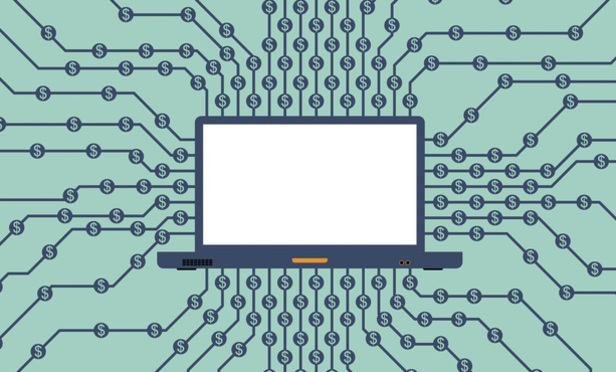Internet assets generally, and Internet asset licenses in particular, are increasingly subject to bankruptcy proceedings. Under United States Bankruptcy Law, Title 11 U.S.C. §363(f), allows a debtor licensor to sell Internet property “free and clear” of any license under certain conditions. Typically, three types of licenses must be addressed by a debtor licensee when seeking to sell Internet assets in a Chapter 11 or Chapter 7 bankruptcy. These three types of licenses include: a non-exclusive license; a sub-license; and an exclusive license.
A two-step analysis is required for the optimal disposition of Internet assets subject to a bankruptcy proceeding. The first step involves considering licensing laws that are external to bankruptcy. In particular, the three sets of laws which most often govern the transfer of Internet assets are related to non-exclusive licenses, sub-licenses and exclusive licenses. The second step involves the integration of said laws, which are external to bankruptcy, and bankruptcy law which permits the employment of an Internet asset license free and clear of third-party claims under §363(f).
This content has been archived. It is available through our partners, LexisNexis® and Bloomberg Law.
To view this content, please continue to their sites.
Not a Lexis Subscriber?
Subscribe Now
Not a Bloomberg Law Subscriber?
Subscribe Now
LexisNexis® and Bloomberg Law are third party online distributors of the broad collection of current and archived versions of ALM's legal news publications. LexisNexis® and Bloomberg Law customers are able to access and use ALM's content, including content from the National Law Journal, The American Lawyer, Legaltech News, The New York Law Journal, and Corporate Counsel, as well as other sources of legal information.
For questions call 1-877-256-2472 or contact us at [email protected]



